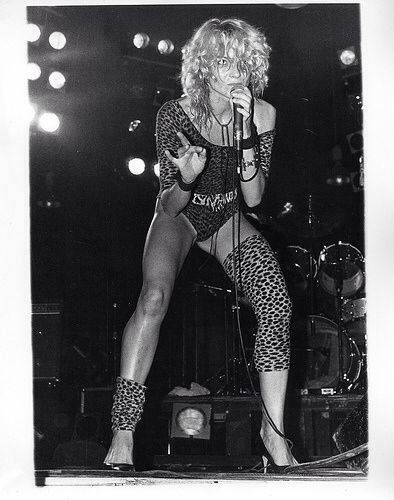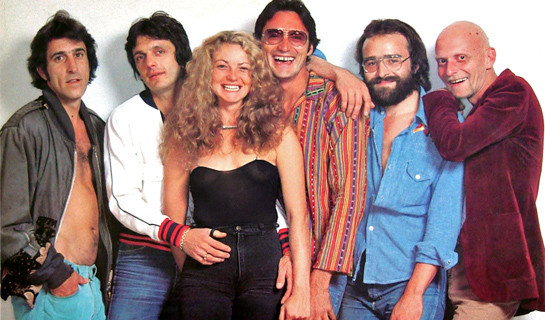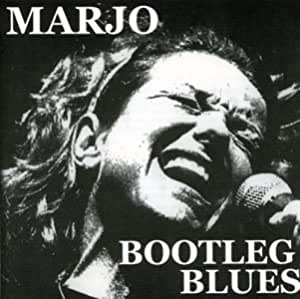Marjo (born Marjolène Morin) is a singer, composer. In her early days, she was a model, fashion editor for Madame magazine and manager of L’Air du temps, a Montreal jazz bar, then a backing vocalist in François Guy’s musicals Tout Chaud, Tout Show (1975) and L’ Island in the city (1978). From 1978 to 1984, she was a member of the group Corbeau (founded by Pierre Harel in 1979) then enjoyed great success as a solo artist with the albums Celle qui va, As long as there will be children, Bohemian, Bootleg Blues , Without Return and Turquoise.
Wiki/Biography
Marjo was born as Marjolène Morin on Sunday August 2, 1953 (age 69; as of 2022) in Montreal, Canada. His zodiac sign is Leo. Montreal, Quebec was Morin’s home and where he grew up. Her experience includes working as a model and editor for the fashion magazine Madame, managing the Montreal jazz club L’Air du temps and participating in two musicals by François Guy.
Physical appearance
Eye colour: Black
Hair color: Blonde

Family and ethnicity
Relationships, husband and children
Marjo dated Jean Millaire (musician) before.
Career
She began her career as a chorister in two François Guy 2 shows, but it was not until 1978 that Marjo joined the Corbeau group, founded by three former members of the Offenbach group. The group is made up of five members: Michel Lamothe on bass, Roger Belval on drums, Pierre Harel on vocals, as well as Donald Hince and Jean Millaire on guitar.

Raven Group
While Harel acted as a mentor for Marjo, he left the team before the release of the first album in 1979. In the early 1980s, the group became known with their songs J’lâche pas and Illégal, which were extremely popular in Quebec.
A few years after disbanding Corbeau, she began her solo career performing the theme song for the film La femme de l’hôtel by Léa Pool, for which she won a Genie award. Performer in the collective project Les Yeux de la famine, she played in 1985 in the music video Rumeurs sur la ville by Michel Rivard. The following year, she joined the collective project of the Quebec-Africa Foundation, Rumeurs Sur la Ville. Known simply as Celle Qui Va, it was her first solo album released in 1986. Additionally, she received an invitation to open for legendary American singer Eartha Kitt 3 the same year. It was in 1988 that she collaborated with Gerry Boulet for his song Les Yeux du cœur, for his album Rendez-vous douce.
Then, in 1990, she published As long as there are children. Among the four Felix Awards she won for the album were Best Rock Album and Best Song for the song “Je Sais, Je Sais”. Over 200,000 copies of the album have been sold. She released an album titled Bohemian in 1995.
Putting aside her rock style, the singer experimented with the blues in 1998. She had mixed commercial success with her album Bootleg Blues. A compilation album, Sans Retour, was released three years later and contains the best songs from Marjo’s first three solo releases. The separation between her and Jean Millaire forced her to announce that it would be her last album.

Contraband Blues
The singer announced her return to the world of music during an appearance on the American television show Star Académie in 2004. An album titled Turquoise was released in November 2005, a year and a half later. Blue Flower was designated as his second album because it lacks the rock sound that made him famous in the 1980s and 1990s.

Marjo in the American TV show Star Académie
The album she released in 2009 is called Marjo et ses Hommes volume 1 and includes one or more duets between her and an individual or a group, such as Corbeau. Marjo et ses Hommes volume 2 was released the following year, followed by a show at the Bell Centre. The two volumes were collected in 2013 in a volume entitled Marjo et ses Hommes – L’integrale.

Marjo and her Men Volume 1

Marjo and his Men The complete
She made her film debut in the film Family First (Chien de Garde) by Sophie Dupuis in 2016.

Marjo in Family First (Watchdog) (2018)
There have often been comparisons between Marjo and Edith Piaf and Marilyn Monroe. During an interview with Châtelaine in 1989, she confessed that when she is on stage, she sees herself as a living person rather than a performer. The simplicity and candor of his songs and rock ballads give them a Quebec spirit that attracts a large audience. One of the first Canadian rock singers to explore sensuality and seduction, Marjo pioneered this process.
Awards and Honors
- 1985 Genie Award for Best Original Song for “Touch Me”
- 3 Felix Prizes for She Who Goes
- 4 Félix for the album As long as there will be children in 1990 including Best rock album and Best song for “I know, I know”
- SOCAN for the singles “Bohémienne” and “Too much love”
controversies
- In 1986, she released Celle Qui Va, her first album. On the day of its original release, Morin performed as the opening act for Eartha Kitt; however, a pre-concert press conference ended in controversy after Kitt pulled Morin’s hair and spilled wine on her.
- During the evening of December 25, 2014, the singer hit a vehicle on Highway 15 near Laval. She continued on her journey until she was arrested by the police. In 2016, the trial took place in Saint-Jérôme, where she was due to appear but did not show up, winning the case the following year. She pleaded guilty to impaired driving and dangerous driving two years after the crash; she was also acquitted of the hit-and-run charges.
Facts/Anecdotes
- She has been described in the press as having influenced many singers, including Anik Jean, Marie-Chantal Toupin and Marie-Mai.
- After being diagnosed with breast cancer in 2013, she underwent treatment. She was successfully operated on and quickly resumed her activities.
- On June 2, 2022, she would be 9 months sober. The singer explains that she feels immense energy after quitting alcohol. The singer says she was able to quit drinking overnight thanks to what she calls the “calendar method.” It is also thanks to this technique that she says she eliminated cigarettes from her life five years ago.



